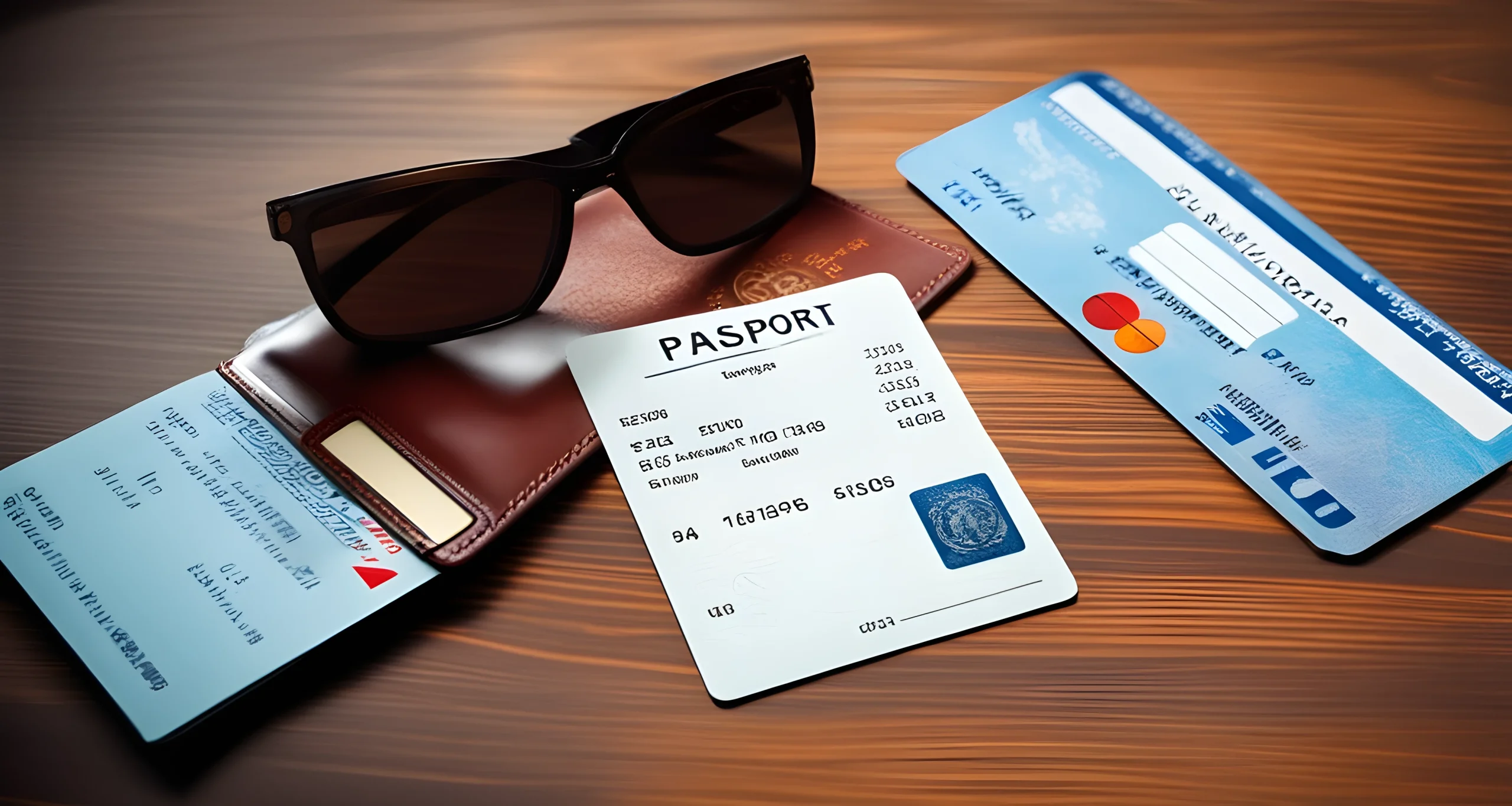Introduction
Welcome to the ultimate guide on how to maximize airline points for free flights. For frequent travelers, airline points, also known as miles, are a valuable resource that can lead to free flights and other travel benefits. Understanding how to effectively earn and redeem these points is essential for making the most of your travel rewards.
In this detailed guide, we will delve into the ins and outs of the airline points system, providing you with the knowledge and strategies you need to unlock the full potential of your travel rewards. Whether you’re a seasoned points collector or just starting out, this guide will help you navigate the world of airline loyalty programs with confidence.
Throughout this article, we will explore the factors to consider for budget trip planning, creating a detailed travel budget spreadsheet, refining your budget with expense categories, and budgeting by item or category. We will also provide practical tips on how to make the most of your travel budget and maximize your airline points for free flights.
To start your journey towards maximizing airline points, check out our article on Practical Budget Travel Recommendations for essential budget travel tips that can help you save money and make the most of your travel experience.
So buckle up and get ready to unlock the full potential of your airline points as we take you on a journey through the world of travel rewards. Let’s dive in and discover how you can turn your everyday spending into free flights and other exciting travel benefits.
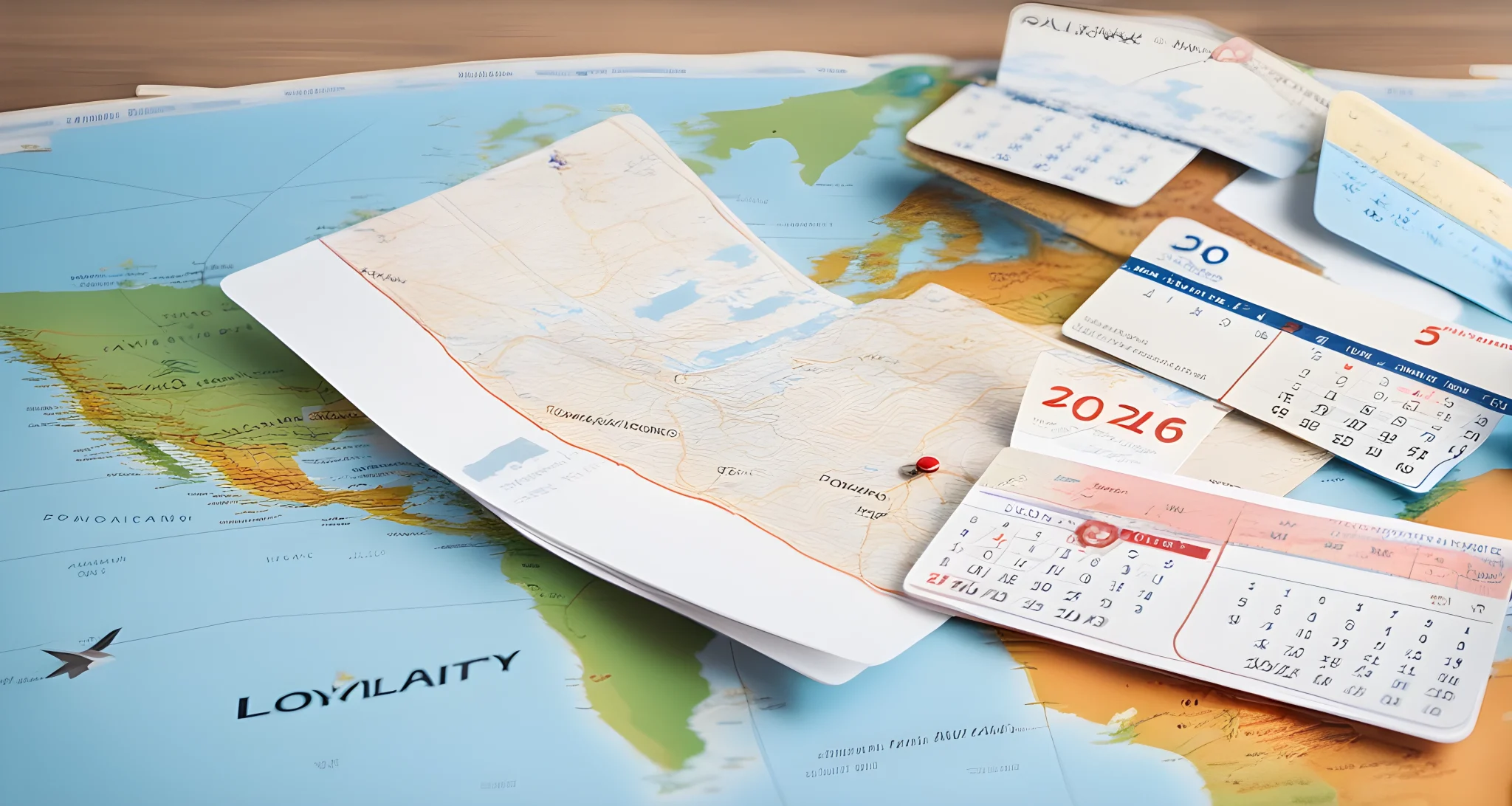
Factors to Consider for Budget Trip Planning
When planning a budget trip, it’s essential to consider various factors to ensure that you can make the most of your travel experience without breaking the bank. Here are some important factors to keep in mind:
Transportation Costs
- Research and compare different transportation options, such as flights, trains, buses, or rental cars, to find the most cost-effective way to reach your destination.
- Consider using airline points and rewards programs to save money on flights. You can also maximize your points by using a credit card that offers travel rewards.
Accommodation Expenses
- Look for budget-friendly accommodation options, such as hostels, guesthouses, or vacation rentals, to minimize your lodging expenses.
- Consider using online booking platforms to find the best deals and discounts on accommodations.
Food and Dining
- Plan your meals and consider cooking some of your own meals to save money on dining out.
- Look for affordable dining options, such as local street food vendors or budget-friendly restaurants.
Activities and Excursions
- Research free or low-cost activities and attractions at your destination, such as parks, museums with free admission days, or walking tours.
- Consider purchasing activity passes or city cards that offer discounts on multiple attractions.
Miscellaneous Expenses
- Set aside a budget for unexpected expenses, such as souvenirs, transportation within the destination, or medical emergencies.
- Consider purchasing travel insurance to protect yourself from unforeseen circumstances during your trip.
By taking these factors into account when planning your budget trip, you can create a comprehensive travel budget spreadsheet to help you manage your expenses effectively. For more tips on budget travel planning, check out this Travel world budget article for additional insights.
Remember that careful planning and research are key to maximizing your travel experience while staying within your budget. With a well-thought-out budget and cost-saving strategies in place, you can make the most of your travels without overspending.
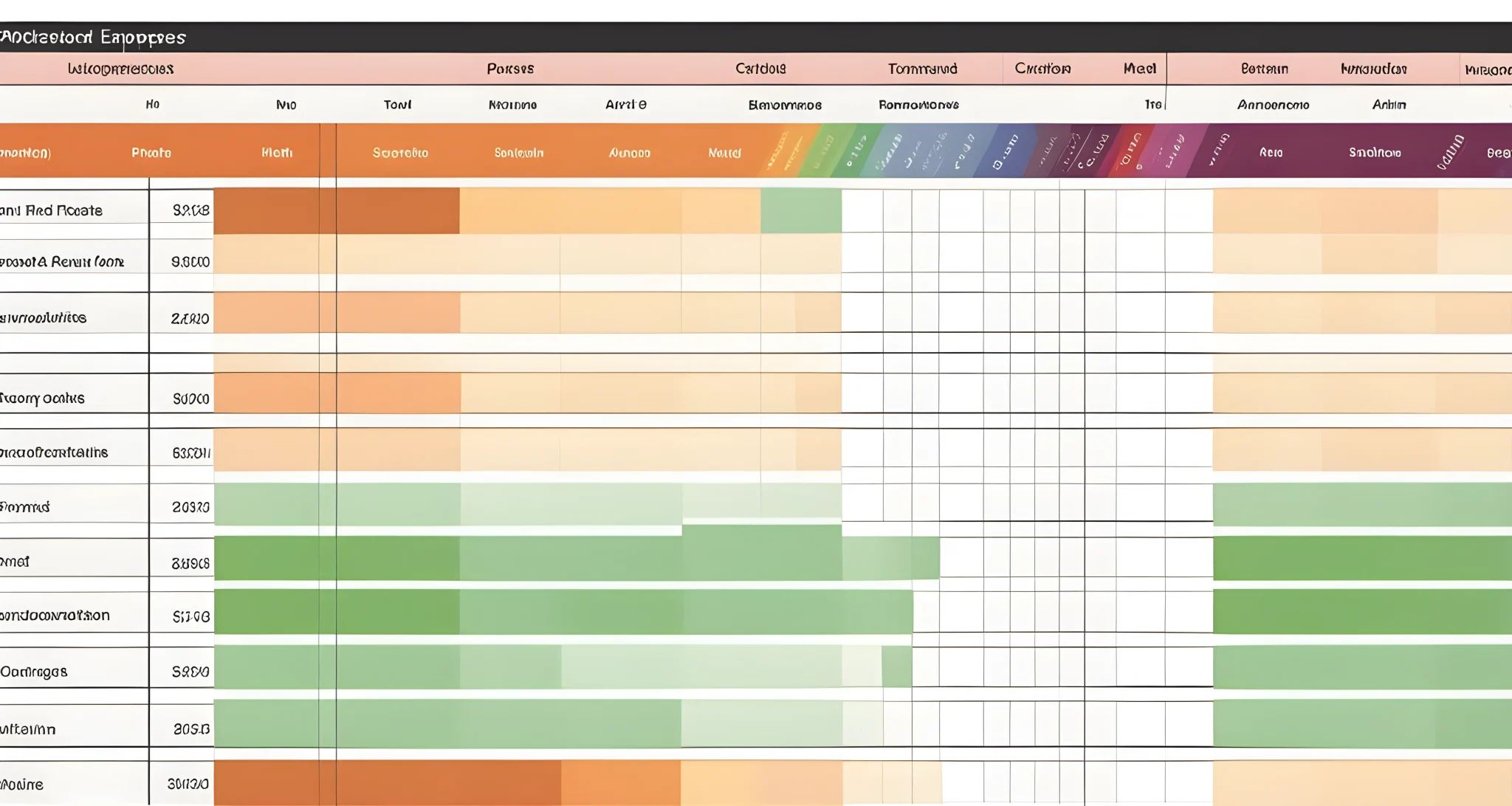
Creating a Detailed Travel Budget Spreadsheet
When planning a budget trip, creating a detailed travel budget spreadsheet is essential for keeping track of your expenses and staying within your financial limits. By organizing your spending into categories, you can effectively manage your budget and avoid any unexpected financial surprises during your trip.
Importance of a Detailed Budget Spreadsheet
A detailed travel budget spreadsheet allows you to carefully plan and monitor your expenses, providing peace of mind and allowing you to fully enjoy your travel experience. It helps you stay on track with your spending and ensures that you make the most of your resources.
Expense Categories
When creating your budget spreadsheet, it’s important to include categories such as:
- Transportation: Including flights, train tickets, or rental car expenses.
- Accommodation: Including hotel or Airbnb costs.
- Food: Including meals, snacks, and dining out expenses.
- Activities: Including admission fees, tours, and entertainment costs.
- Miscellaneous Expenses: Including souvenirs, tipping, and any other unforeseen costs.
Tracking Your Spending
By inputting all of your expenses into their respective categories, you can easily track how much you’re spending in each area. This gives you a clear picture of where your money is going and allows you to make adjustments if necessary.
Refining Your Budget
A detailed spreadsheet also enables you to refine your budget as needed. If you notice that you’re overspending in a certain category, you can make adjustments in other areas to stay within your overall budget.
Travel deals and discounts
When creating your budget spreadsheet, it’s also worth considering opportunities for travel deals and discounts. By taking advantage of offers on flights, accommodations, and activities, you can stretch your budget further and potentially save money that can be allocated to other areas of your trip.
In conclusion, a detailed travel budget spreadsheet is an essential tool for effective trip planning. By carefully organizing your expenses into categories and tracking your spending, you can ensure that you stay within budget and make the most of your travel experience. Additionally, taking advantage of travel deals and discounts can further enhance the value of your trip.

Refining Your Budget with Expense Categories
When creating a travel budget, it’s important to refine your expenses into specific categories to gain a clearer understanding of where your money is being allocated. By breaking down your budget into categories such as transportation, accommodation, food, and activities, you can effectively manage and track your expenses. Here are some tips for refining your budget with expense categories:
Clear Allocation of Expenses
- Transportation: This category should include all costs related to getting to and from your destination, including flights, trains, buses, and rental cars. It’s important to allocate a specific amount for transportation to ensure you have enough funds to cover these essential expenses.
- Accommodation: Set aside a budget for hotel stays, Airbnb rentals, or hostel accommodations. Researching different options and their associated costs can help you determine an appropriate allocation for this category.
- Food: Allocate a daily amount for meals and snacks based on the cost of dining in your destination. Consider the average price of meals and factor in any special dining experiences you may want to indulge in.
- Activities: Plan ahead for sightseeing tours, museum visits, outdoor excursions, and other activities you wish to participate in during your trip. Allocate funds for these activities to avoid overspending while on vacation.
Informed Decision Making
Refining your budget with expense categories allows you to make informed decisions about where to cut back or where to splurge while staying within your budget. By having a clear breakdown of your expenses, you can prioritize which categories are most important to you and adjust your spending accordingly.
Utilizing Budget Backpacking Trip Tips
Looking for ways to save on travel expenses? Check out these Budget-friendly backpacking tips article that offers ultimate tips for planning a budget-friendly backpacking trip. Implementing some of these tips into your travel planning can help you refine your budget even further by finding additional ways to save money on transportation, accommodation, food, and activities.
By effectively refining your budget with expense categories, you can gain better control over your travel expenses and ensure that you stay within your financial limits while still enjoying a fantastic trip. Remember that flexibility is key when it comes to budgeting for travel—be open to adjusting your allocations as needed based on changes in costs or priorities.
In the next section "Budgeting by Item or Category," we’ll explore the differences between budgeting by item versus category and how each method can be beneficial in managing your travel expenses.
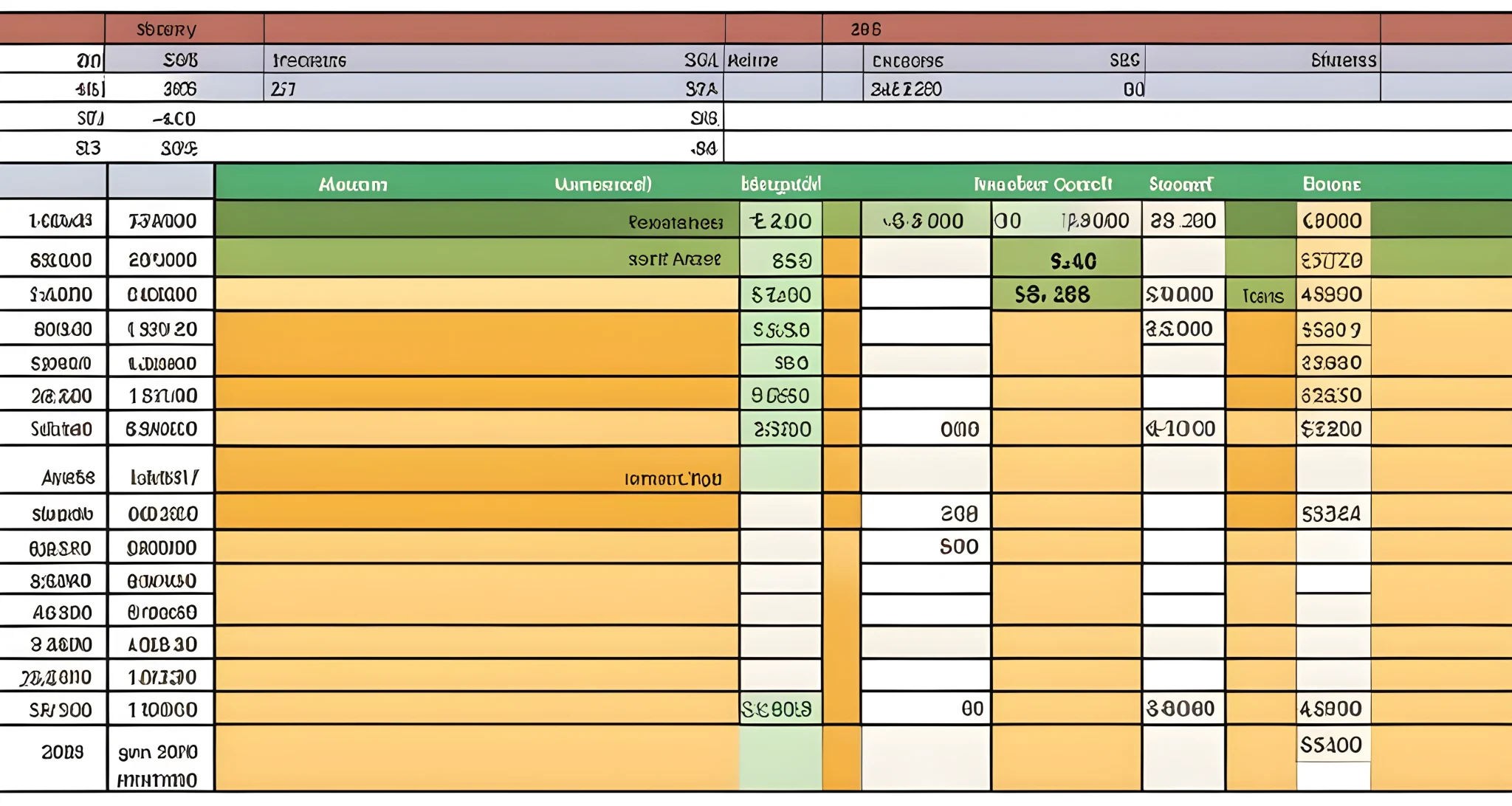
Budgeting by Item or Category
When it comes to budgeting for your travel expenses, there are a few different approaches you can take. One popular method is budgeting by item, where you allocate a specific amount of money for each individual expense such as flight tickets, hotel stays, dining, and entertainment. This approach allows for a detailed breakdown of where your money is going and can help you prioritize your spending.
Another common approach is budgeting by category, where you allocate a set amount of money for broader expense categories such as transportation, accommodation, and food. This approach provides more flexibility and allows you to be less rigid in your planning, which can be helpful if you prefer to have some wiggle room in your budget.
Whichever approach you choose, it’s important to track your spending and adjust your budget as needed to ensure a smooth and stress-free travel experience. Here are some tips for budgeting by item or category:
-
Track Your Spending: Keep a detailed record of all your expenses, whether you’re budgeting by item or category. This will help you see where your money is going and make adjustments as needed.
-
Be Realistic: When budgeting by item, make sure to research the average cost of each expense so you can set realistic expectations. If you’re budgeting by category, consider allocating a bit of extra money for unexpected expenses.
-
Flexibility: If you’re budgeting by item, consider setting aside a small amount of money for miscellaneous expenses that may pop up during your trip. If you’re budgeting by category, give yourself some flexibility within each category so you don’t feel restricted.
-
Use Technology: There are plenty of apps and tools available that can help you track your spending and stay within your budget. Take advantage of these resources to make the process easier.
By taking a strategic approach to budgeting by item or category, you can ensure that you have enough funds for all aspects of your trip while still being mindful of your overall spending. Whether you prefer the detailed breakdown of budgeting by item or the flexibility of budgeting by category, the most important thing is to have a plan in place and stick to it.
For more tips on finding travel deals and discounts, check out our article on the Best Times to Find Travel Deals and Discounts.
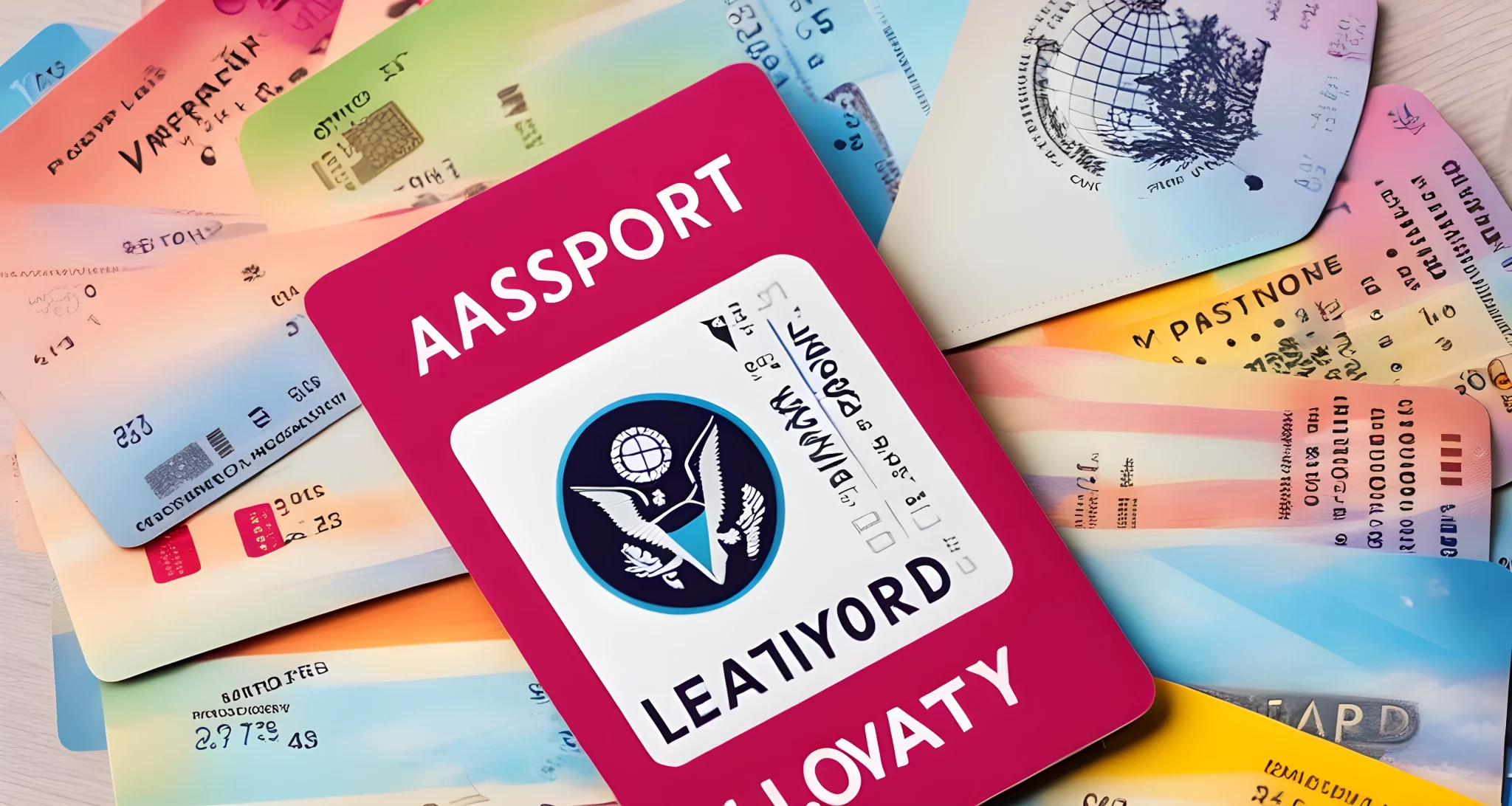
Conclusion
In conclusion, understanding how to earn and redeem airline points, creating a detailed travel budget spreadsheet, and refining your budget with expense categories are essential steps in planning a budget trip. By taking these factors into consideration and effectively managing your expenses, you can enjoy a well-planned and financially mindful travel experience.
Key Takeaways:
-
Earning and Redeeming Airline Points: Taking advantage of airline loyalty programs can significantly reduce travel costs. Keep an eye out for promotions and sign-up bonuses to maximize your points accumulation. Additionally, consider flexible travel rewards credit cards that allow you to transfer points to various airlines.
-
Detailed Travel Budget Spreadsheet: Creating a detailed travel budget spreadsheet is crucial for tracking expenses and ensuring that you stay within your financial limits. Include categories such as transportation, accommodation, meals, activities, and miscellaneous expenses. Utilize tools like Excel or Google Sheets to keep your budget organized.
-
Refining Your Budget with Expense Categories: Breaking down your expenses into specific categories allows for better control and understanding of where your money is going. This will help you identify areas where you can cut costs or reallocate funds to enhance your travel experience.
-
Budgeting by Item or Category: Whether you prefer budgeting by individual items or broader categories, it’s important to find a method that works best for you. Some travelers may benefit from monitoring each expense separately, while others may find it more practical to group expenses into larger categories.
By implementing these strategies and being mindful of your spending habits, you can make the most of your travel budget and potentially even extend your trip or upgrade your accommodations. For more tips on budget travel, check out our guide on Economical street food choices when traveling on a budget.
Remember, the key to successful budget trip planning is careful consideration of expenses combined with smart decision-making to ensure a memorable and financially responsible travel experience.
FAQ
How can i earn airline points?
You can earn airline points by flying with the airline, using co-branded credit cards, shopping through airline shopping portals, and participating in their loyalty programs.
How do i redeem my airline points for free flights?
To redeem your airline points for free flights, log into your airline account and search for award flights. each airline has its own rules, so make sure to understand their award chart and valuations to get a good deal.
What is the best use of airline points?
Booking award flights is the best use of your airline points. you can book economy, business, and first class tickets using miles, ensuring you extract the highest value out of your points.
How can i calculate the value of my airline points?
To determine the value of your points, divide the cash price of the flight by the number of points needed for the award flight. multiply that value by 100 to get the value per point in cents, and compare this value to the airline’s valuations.
